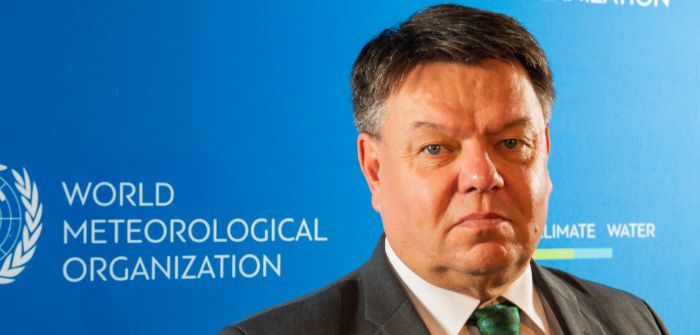Without immediate and deep emissions reductions across all sectors, limiting global warming to 1.5°C is beyond reach, warns the latest Intergovernmental Panel on Climate Change (IPCC) report.
However, the report did find increasing evidence of climate action. In 2010-2019 average annual global greenhouse gas emissions were at their highest levels in human history, but the rate of growth has slowed. Since 2010, there have been sustained decreases of up to 85% in the costs of solar and wind energy, and batteries. An increasing range of policies and laws have enhanced energy efficiency, reduced rates of deforestation, and accelerated the deployment of renewable energy, according to the report.
Hoesung Lee, IPCC chair, said, “We are at a crossroads. The decisions we make now can secure a livable future. We have the tools and know-how required to limit warming. I am encouraged by climate action being taken in many countries. There are policies, regulations and market instruments that are proving effective. If these are scaled up and applied more widely and equitably, they can support deep emissions reductions and stimulate innovation.”
The Summary for Policymakers of the IPCC Working Group III report Climate Change 2022: Mitigation of Climate Change was approved on April 4, 2022, by 195 member governments of the IPCC, through a virtual approval session. It is the third instalment of the IPCC’s Sixth Assessment Report (AR6) and follows reports on the physical science basis and on impacts and adaptation.
United Nations Secretary-General António Guterres said the latest report was “a litany of broken climate promises … a file of shame.”
“Choices made by countries now will make or break the commitment to 1.5°C. A shift to renewables will mend our broken global energy mix and offer hope to millions of people suffering climate impacts today. Climate promises and plans must be turned into reality and action, now. It is time to stop burning our planet and start investing in the abundant renewable energy all around us,” he said.
Prof. Petteri Taalas, WMO secretary-general, said the IPCC reports showed that every corner of Earth is already affected by climate change and that every region in the world has an impact on climate change problem today. “To conclude we have two urgent challenges ahead of us. Adaptation and mitigation. Financing, visionary political initiatives and concrete actions are needed for the sake of the welfare of current and future generations and our biosphere,” he said.
According to the report, limiting global warming will require major transitions in the energy sector. This will involve a substantial reduction in fossil fuel use, widespread electrification, improved energy efficiency, and use of alternative fuels (such as hydrogen).
In the scenarios assessed, limiting warming to around 1.5°C (2.7°F) requires global greenhouse gas emissions to peak before 2025 at the latest, and be reduced by 43% by 2030. At the same time, methane would also need to be reduced by about a third. However, even if this is achieved, it is almost inevitable that this temperature threshold will be exceeded but that a return to below it could be achieved by the end of the century.
Jim Skea, IPCC Working Group III co-chair, said, “It’s now or never, if we want to limit global warming to 1.5°C (2.7°F). Without immediate and deep emissions reductions across all sectors, it will be impossible.”
The report states that the global temperature will stabilize when carbon dioxide emissions reach net zero. For 1.5°C (2.7°F), this means achieving net-zero carbon dioxide emissions globally in the early 2050s; for 2°C (3.6°F), it is in the early 2070s.
The assessment shows that limiting warming to around 2°C (3.6°F) still requires global greenhouse gas emissions to peak before 2025 at the latest, and be reduced by a quarter by 2030.
To read the full IPCC report, click here.



